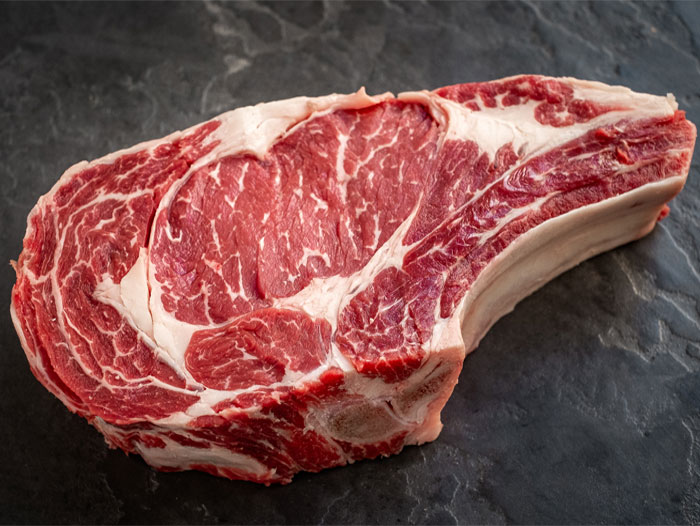The Quest for Better Beef
August 20, 2020 | 2 min to read

When some 8,500 ranchers, stockers, feeders, and meat-packers began arriving at the Henry B. Gonzalez Convention Center, in San Antonio, for the annual National Cattlemen’s Beef Association conference and trade show this past February, they had reason to celebrate. Per capita U.S. beef consumption had grown for four years straight. Many consumers were buying more expensive grades of meat, while chefs were transforming humbler portions—the sirloin culotte, the bavette, the brisket—into signature dishes in some of the country’s most renowned kitchens. And thanks to new tariff-lowering trade pacts with Japan and the EU, the U.S. beef industry was poised for international expansion. “Demand is unlimited,” declared Bill Fielding, CEO of Flatonia-based HeartBrand Beef, as I stood savoring a tiny toothpick portion of his company’s decadent Wagyu ribeye.
And yet a sense of unease hung over the convention. Over the previous year, long-running concerns over beef’s impact on the environment and human health had gathered new strength. Blue-ribbon scientific panels affiliated with the United Nations and the Lancet medical journal warned that global red meat production was an outsized contributor to climate change and advocated that diners reduce their consumption. Buzzy documentaries such as Netflix’s The Game Changers—coproduced by action-movie mainstays Arnold Schwarzenegger, Jackie Chan, and James Cameron—extolled the benefits of going vegan. Politicians had seized on the issue too, with a Green New Deal fact sheet highlighting the problem of “farting cows” and Republicans firing back that Democrats were scheming to “take away your hamburgers” or, in the words of U.S. senator Ted Cruz, “kill all the cows.”
To read the rest of the story, please go to: Texas Monthly
